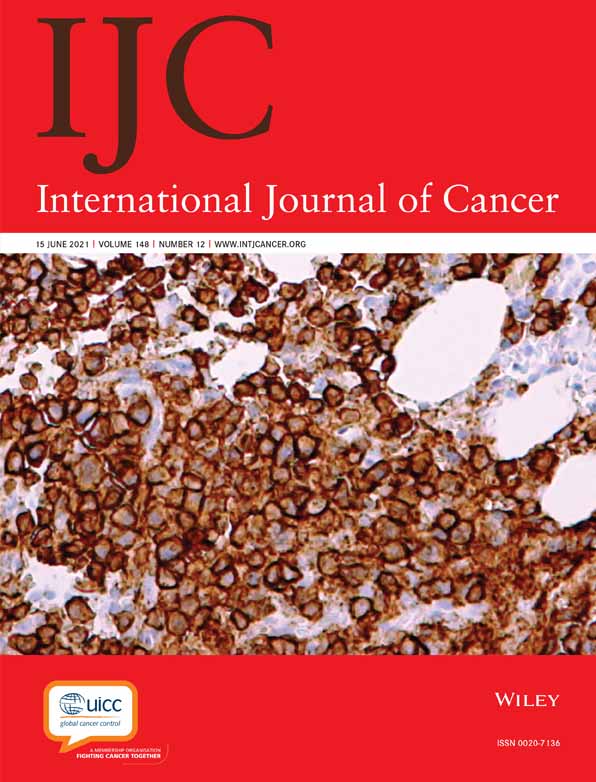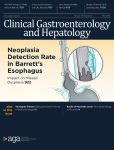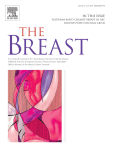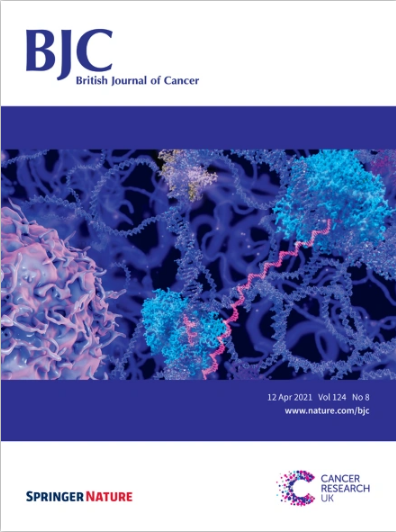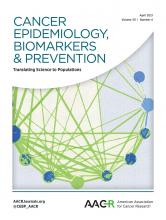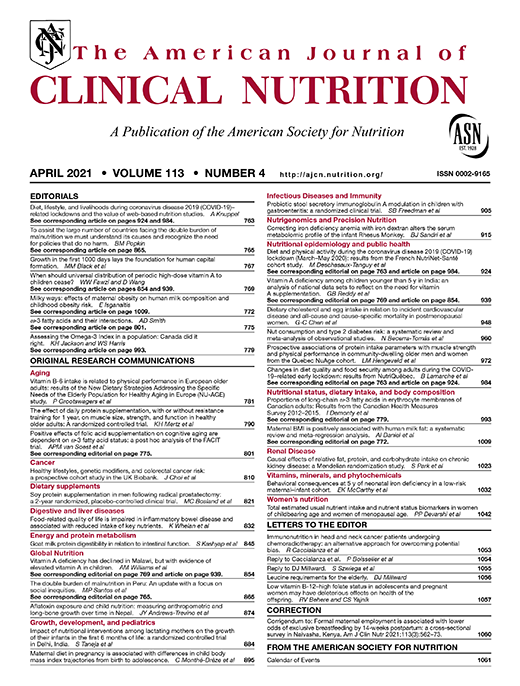Prenatal perfluoroalkyl substance exposure and neuropsychological development throughout childhood: The INMA Project
Background Perfluoroalkyl substances (PFASs) have been related to neurodevelopmental toxicity in animals. However, human studies are inconclusive. Objectives To evaluate the association between prenatal PFAS exposure and neuropsychological development during childhood. Methods 1240 mother–child pairs from the Spanish INMA Project were analyzed. Perfluorohexanesulfonic acid (PFHxS), perfluorooctanoic acid (PFOA), perfluorooctane sulfonate (PFOS), and perfluorononanoic acid (PFNA)…




